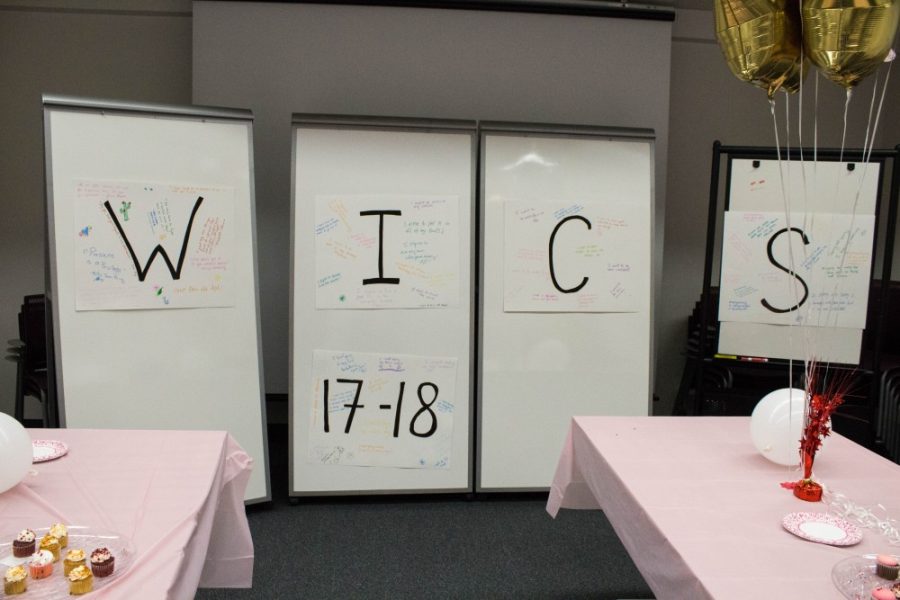Imagine a world where a judge relies on an algorithm to determine the appropriate length of a prison sentence, or where big data helps doctors diagnose your illnesses, or where a self-driving car applies artificial intelligence to determine the value of a pedestrian’s life in a potential crash.
Well, this world shouldn’t be hard to imagine because we are already living in it.
In acknowledgement of this ongoing industrial revolution which continues to blur the lines between what is digital and biological, the University of Arizona College of Science’s annual lecture series this year will focus on the possibilities, fears and roles of “Humans, Data and Machines.”
“It is hard to think of anything more important than machine learning and artificial intelligence right now in the future of how we communicate, how we operate businesses and how we live our lives,” said Joaquin Ruiz, dean of the College of Science and vice president for Innovation.
RELATED: ‘Sustainable Built Environments’ lecture series leads off with UA’s Champion
The lecture series, which is free to the public, will feature six speakers and is expected to draw thousands of community members, students and faculty to Centennial Hall and online over the next two months.
While the lecture series offers a great opportunity for students to gain insight into the field, the series’ larger goal is to begin a discussion in the community.
“The mission of all universities is not only to educate students but to educate our communities; it’s what keeps a functional democracy going,” Ruiz said.
The first lecture, “Problem Solving With Algorithms,” will be given by UA professor of computer science Stephen Kobourov on Jan. 22 and will lay the bedrock for the series.
Kobourov’s research at the UA centers around algorithms and visualizing complex problems.
“Algorithms are simple things, like recipes that help us solve problems. Every time I cook something, I am following an algorithm. The difference is that algorithms tell machines what to do,” Kobourov said.
According to Kobourov, many people falsely blame algorithms for price gouging their plane tickets during natural disasters, or like physicist Steven Hawking, they fear artificial intelligence will wipe out humanity.
“I am more worried about human incompetence than I am about artificial intelligence,” Kobourov said.
Questions about how to regulate and design these new technologies automating our futures offer us an opportunity to examine our own biases and engage in a larger discussion about what our society values, according to Kobourov.
The talks will branch out into augmented intelligence, for example the possibility of enhancing our memory with computer implants or developing cameras to help the blind see, and how companies are able to use our information they collect — from if they can use it to sell us shoes or protect our health.
With all of this innovation, there is the concern automation will create soaring unemployment.
Twenty years ago, people could not have imagined the new jobs we have today. The same is the case now, according to Kobourov. It is the UA’s responsibility to train students for the jobs of this evolving future.
The lecture series will cover this and much more and will feature Luis von Ahn, founder of the game-like language learning app Duolingo and developer of other online “games” which have helped train machine learning algorithms to read text and even recognize pictures at Carnegie Mellon University.
RELATED: Poetry Center starts spring with a full calendar
The schedule for the talks, co-sponsored by the Office for Research, Discovery and Innovation, is as follows:
- Jan. 22: ”Problem Solving With Algorithms,” Stephen Kobourov, professor of computer science
- Jan. 29: ”The Minds of Machines,” Mihai Surdeanu, professor of computer science
- Feb. 5: ”Working Alongside Thinking Machines,” Nirav Merchant, director of UA Data Science Institute
- Feb. 12: ”What Humans Do That Machines Cannot,” Luis von Ahn, CEO and co-founder of Duolingo and professor of computer science at Carnegie Mellon University
- Feb. 19: ”Machine Influencers and Decision Makers,” Jane Bambauer, professor of law
- Feb. 26: ”There Is No Such Thing as Big Data,” Vincent J. Del Casino Jr., Vice President of Academic Initiatives and Student Success
Ruiz highly encourages UA students to attend. These lectures offer the opportunity to gain invaluable insight into the technologies, debates and jobs that will dominate our society in the near future.
Follow Randall Eck on Twitter









